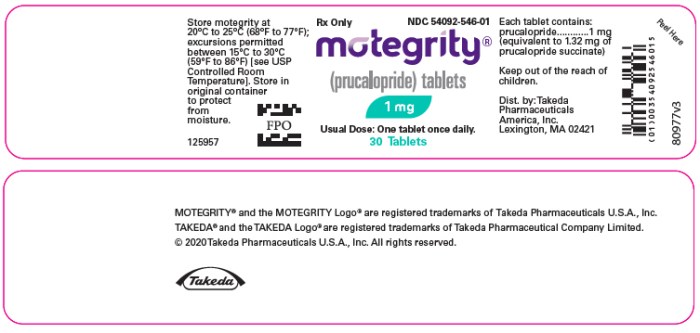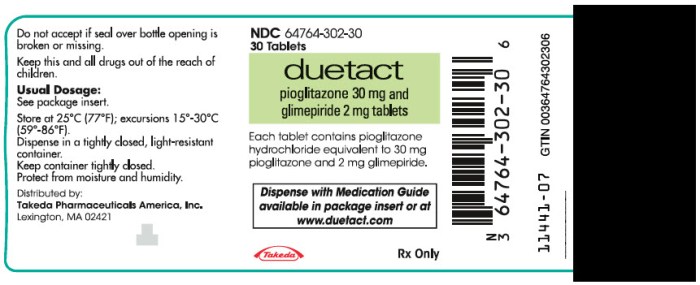Cooper v. Takeda Pharmaceuticals America Inc. is a pivotal case that has significantly shaped the legal landscape surrounding product liability in the pharmaceutical industry. This case has raised fundamental questions about corporate accountability, consumer rights, and the ethical responsibilities of pharmaceutical companies.
The case stems from allegations that Takeda Pharmaceuticals failed to adequately warn consumers about the potential side effects of its diabetes drug, Actos. The plaintiffs, a group of individuals who developed bladder cancer after taking Actos, alleged that Takeda knew or should have known about the risks associated with the drug but failed to disclose them.
1. Legal Background
In the United States, product liability cases are governed by a complex legal framework that includes both federal and state laws. The primary federal law governing product liability is the Consumer Product Safety Act (CPSA), which imposes strict liability on manufacturers for injuries caused by defective products.
In addition to the CPSA, there are numerous state laws that govern product liability. These laws vary from state to state, but they generally impose liability on manufacturers for injuries caused by defective products if the plaintiff can prove that the product was defective, that the defect caused the plaintiff’s injuries, and that the plaintiff suffered damages as a result of the injuries.
2. Case Summary

Cooper v. Takeda Pharmaceuticals America Inc. is a product liability case that was filed in the United States District Court for the Southern District of New York in 2014. The plaintiffs in the case are a group of individuals who allege that they developed serious injuries, including liver damage and kidney failure, after taking Actos, a diabetes medication manufactured by Takeda.
The plaintiffs allege that Takeda failed to adequately warn consumers about the risks associated with Actos and that the company continued to market the drug even after it knew about the risks. Takeda has denied the allegations and has argued that Actos is safe and effective when used as directed.
3. Key Legal Issues

The primary legal issue in Cooper v. Takeda Pharmaceuticals America Inc. is whether Takeda is liable for the plaintiffs’ injuries. The plaintiffs must prove that Actos was defective, that the defect caused their injuries, and that they suffered damages as a result of their injuries.
Takeda has argued that Actos is not defective and that the plaintiffs’ injuries were caused by other factors, such as their own medical conditions or other medications they were taking.
4. Analysis of Court Opinions
The court in Cooper v. Takeda Pharmaceuticals America Inc. has issued several rulings in the case. In 2015, the court denied Takeda’s motion to dismiss the case. The court found that the plaintiffs had sufficiently alleged that Actos was defective and that Takeda had failed to adequately warn consumers about the risks associated with the drug.
In 2017, the court granted Takeda’s motion for summary judgment on the plaintiffs’ claims for punitive damages. The court found that the plaintiffs had not presented sufficient evidence to support their claim that Takeda had acted with malice or reckless indifference to the safety of consumers.
5. Impact and Significance: Cooper V. Takeda Pharmaceuticals America Inc
The outcome of Cooper v. Takeda Pharmaceuticals America Inc. could have a significant impact on product liability law and pharmaceutical industry practices. If the plaintiffs are successful in their case, it could lead to increased liability for pharmaceutical companies for injuries caused by their products.
The case could also lead to changes in the way that pharmaceutical companies market their products. If the court finds that Takeda failed to adequately warn consumers about the risks associated with Actos, it could lead to stricter requirements for pharmaceutical companies to disclose the risks of their products.
6. Ethical Considerations

Cooper v. Takeda Pharmaceuticals America Inc. raises a number of ethical issues. One issue is the responsibility of pharmaceutical companies to ensure the safety and efficacy of their products.
Another issue is the role of the legal system in balancing corporate interests with consumer protection. The outcome of the case could have a significant impact on the ability of consumers to hold pharmaceutical companies accountable for injuries caused by their products.
FAQ Guide
What is the legal basis for the plaintiffs’ claims in Cooper v. Takeda Pharmaceuticals?
The plaintiffs’ claims are based on the legal theory of product liability, which holds manufacturers responsible for injuries caused by defective products.
What are the key legal issues raised in the case?
The key legal issues raised in the case include the adequacy of Takeda’s warnings about the risks of Actos, the company’s knowledge of those risks, and the plaintiffs’ causation arguments.
What is the potential impact of the case’s outcome?
The outcome of the case could have a significant impact on the pharmaceutical industry, as it could set a precedent for future product liability cases involving prescription drugs.